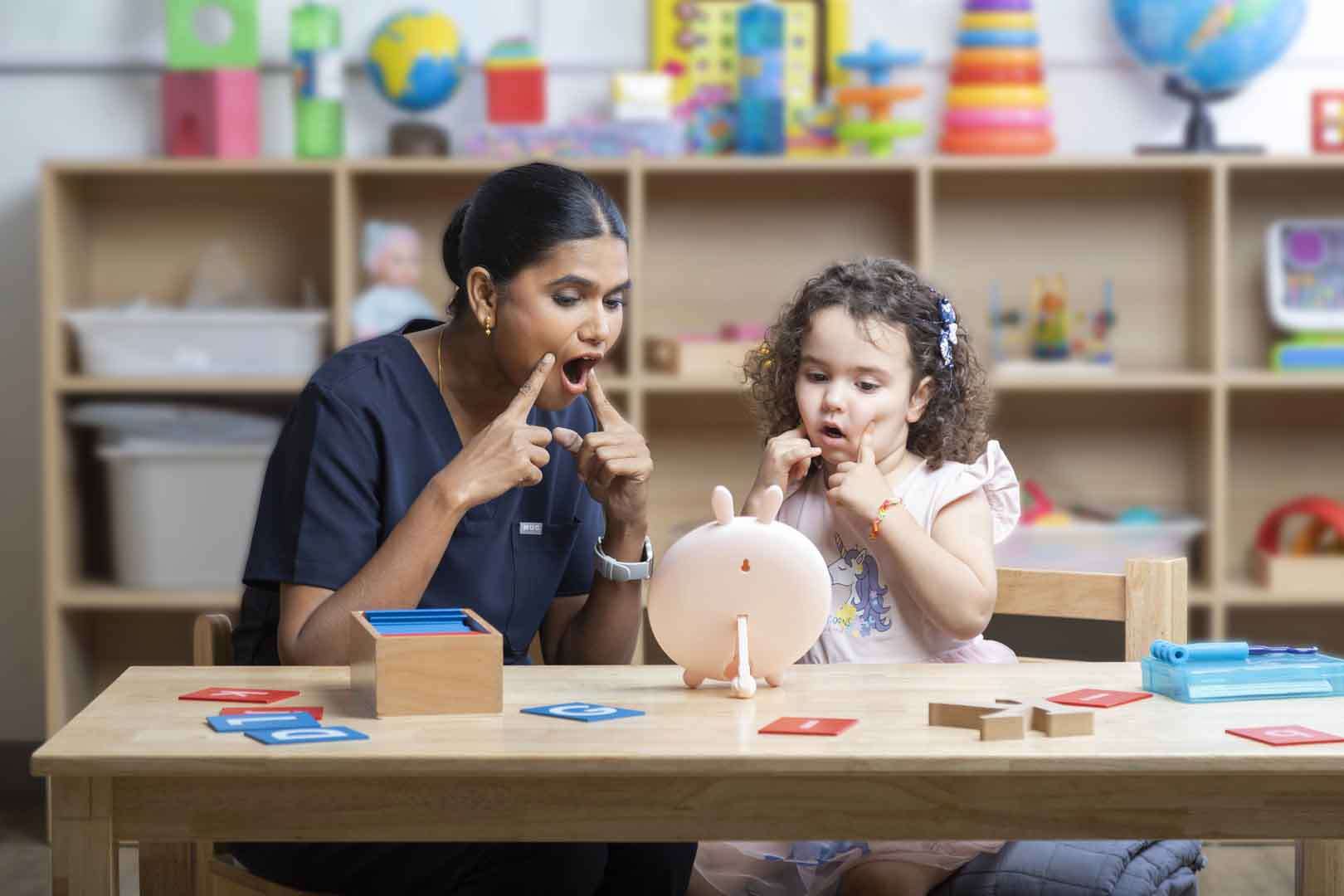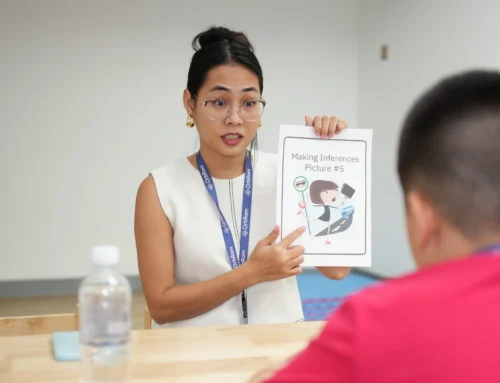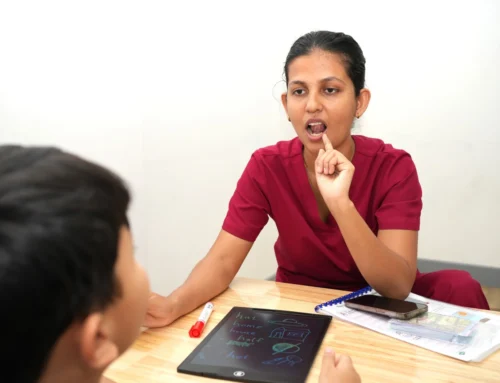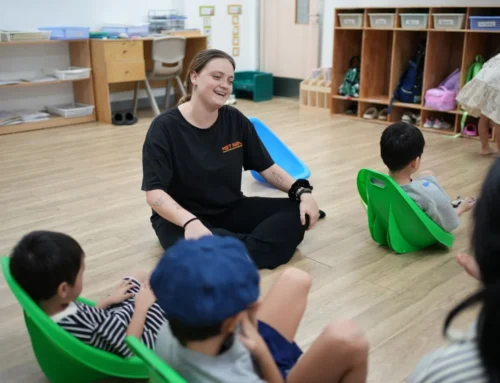For many parents in Phnom Penh, finding ways to support their child’s communication outside of therapy sessions can feel overwhelming. Yet, one of the most powerful tools for improving speech and language development is consistency. Establishing daily speech routines at home helps children practice new skills in familiar settings, making progress faster and more meaningful. With guidance from professionals—like the team at OrbRom Center—families can integrate effective, fun, and easy communication activities into their everyday lives.
Why Daily Speech Routines Matter
Speech and language therapy works best when reinforced consistently. While formal speech therapy sessions focus on structured learning, real progress often happens during everyday interactions—mealtime, playtime, and even while getting dressed. Daily routines provide repeated opportunities for children to listen, imitate, and express themselves.
In Cambodia, where many families balance busy schedules and multilingual households, home-based routines also help ensure that therapy goals are supported in the child’s natural environment. A strong partnership between parents and speech therapists helps maintain progress between sessions and strengthens communication skills in real-life settings.
Step 1: Create a Routine That Fits Your Family
The key to success is consistency—not complexity. Start by identifying times in the day when your child is naturally most alert and engaged. Morning routines, snack breaks, or bedtime are perfect moments to weave in short speech-based interactions.
For example:
-
Morning: Practice naming clothing items while dressing (“shirt,” “socks,” “pants”).
-
Mealtime: Encourage your child to make simple requests (“more rice,” “water please”).
-
Evening: Read short storybooks together and ask questions (“Who is in the story?”, “What did he do?”).
Even five minutes of focused communication practice can make a difference. If your child receives speech therapy in Phnom Penh, ask their therapist for simple at-home exercises that align with therapy goals.
Step 2: Make Speech Practice Fun and Play-Based
Children learn best when they are having fun. Play-based activities encourage natural communication without feeling like “work.” Use everyday toys, songs, or family games to support speech and language development.
Try these ideas:
-
Block Play: Label colors, shapes, or actions (“blue block,” “I build tower”).
-
Music and Songs: Use rhythm and melody to improve articulation and memory. Singing helps children practice sounds in a relaxed and joyful way.
-
Pretend Play: Encourage role-playing (e.g., cooking, shopping) to expand vocabulary and sentence structure.
You can also explore our guide on play-based speech therapy activities for more inspiration.
Step 3: Use Visuals and Everyday Objects
Visual supports—like pictures, flashcards, or labeled household items—help children link words with meaning. If your child is working on specific vocabulary, keep related items within reach. For example, keep a “talking basket” in your living room with toys or objects you can describe together.
At OrbRom Center, therapists often recommend pairing visuals with gestures and repetition. This approach supports children with speech delays, autism, or language difficulties. Learn more about how visuals can enhance communication in our article on using storybooks and visuals in speech therapy.
Step 4: Practice Turn-Taking and Conversation
Good communication goes beyond pronunciation—it includes listening, turn-taking, and social understanding. Encourage back-and-forth interactions throughout the day. Ask open-ended questions (“What do you see?”), pause for responses, and celebrate every attempt to communicate.
If your child struggles with social communication, structured routines can help build predictability and confidence. Our special needs intervention program provides individualized support for children who benefit from guided interaction and social play.
Step 5: Collaborate with Your Child’s Therapist
Every child’s speech journey is unique. Your therapist can help you identify daily activities that reinforce therapy goals—whether articulation, expressive language, or comprehension. Parents can also request progress notes or home practice plans during each session.
At OrbRom Center in Phnom Penh, our speech-language pathologists regularly coach parents on how to support therapy at home. This teamwork helps children build stronger communication skills faster while ensuring strategies are culturally and developmentally appropriate.
Consistency Is Key
Building daily speech routines doesn’t require special equipment or extra hours in your day—it’s about turning regular moments into learning opportunities. Over time, these small, consistent efforts lead to meaningful communication growth.
For families in Phnom Penh seeking professional support, OrbRom Center’s speech therapy program offers personalized guidance and home-based strategies to help children thrive in both therapy and everyday life.
We are the only Preschool specialized on children with special needs in PhnomPenh.
- Internationally qualified teachers
- Cambodia’s largest sensory room
- Outdoor swimming pool
- Covered outdoor playground
📞 Phone: 077.455.993
Telegram Link: https://t.me/OrbRom





